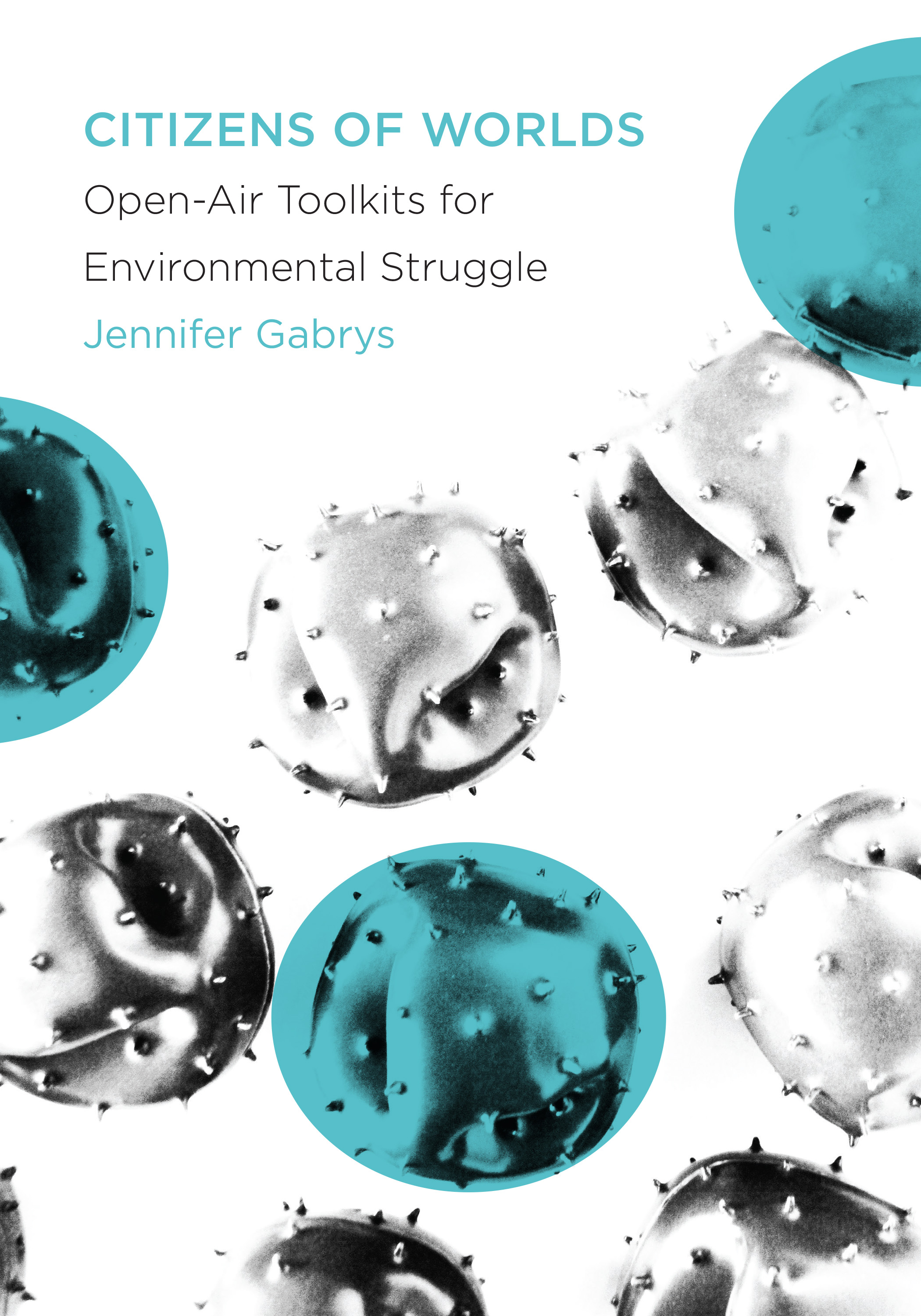An unparalleled how-to guide to citizen-sensing practices that monitor air pollution Modern environments are awash with pollutants churning through the air, from toxic gases and intensifying carbon to carcinogenic particles and novel viruses. The effects on our bodies and our planet are perilous. Citizens of Worlds is the first thorough study of the increasingly widespread use of digital technologies to monitor and respond to air pollution. It presents practice-based research on working with communities and making sensor toolkits to detect pollution while examining the political subjects, relations, and worlds these technologies generate. Drawing on data from the Citizen Sense research group, which worked with communities in the United States and the United Kingdom to develop digital-sensor toolkits, Jennifer Gabrys argues that citizen-oriented technologies promise positive change but then collide with entrenched and inequitable power structures. She asks: Who or what constitutes a “citizen” in citizen sensing? How do digital sensing technologies enable or constrain environmental citizenship? Spanning three project areas, this study describes collaborations to monitor air pollution from fracking infrastructure, to document emissions in urban environments, and to create air-quality gardens. As these projects show, how people respond to, care for, and struggle to transform environmental conditions informs the political subjects and collectives they become as they strive for more breathable worlds.










![Lego Ninjago - Masters Of Spinjitzu Season 4 - Part 2 DVD [2017]](https://avmedia.ams3.cdn.digitaloceanspaces.com/4/73/4732524e-8586-4af2-b069-e92b885efc8a.webp)
![Shadow Of The Vampire [dvd] Willem Dafoe John Malkovich](https://avmedia.ams3.cdn.digitaloceanspaces.com/3/0d/30d281e3-5a6c-4d57-9199-d9b57a5a4e22.webp)
![Absolutely Fabulous - Absolutely Everything Box Set [1992] (DVD)](https://avmedia.ams3.cdn.digitaloceanspaces.com/8/bb/8bb10e07-f44d-49f6-a59b-9296f7167925.webp)